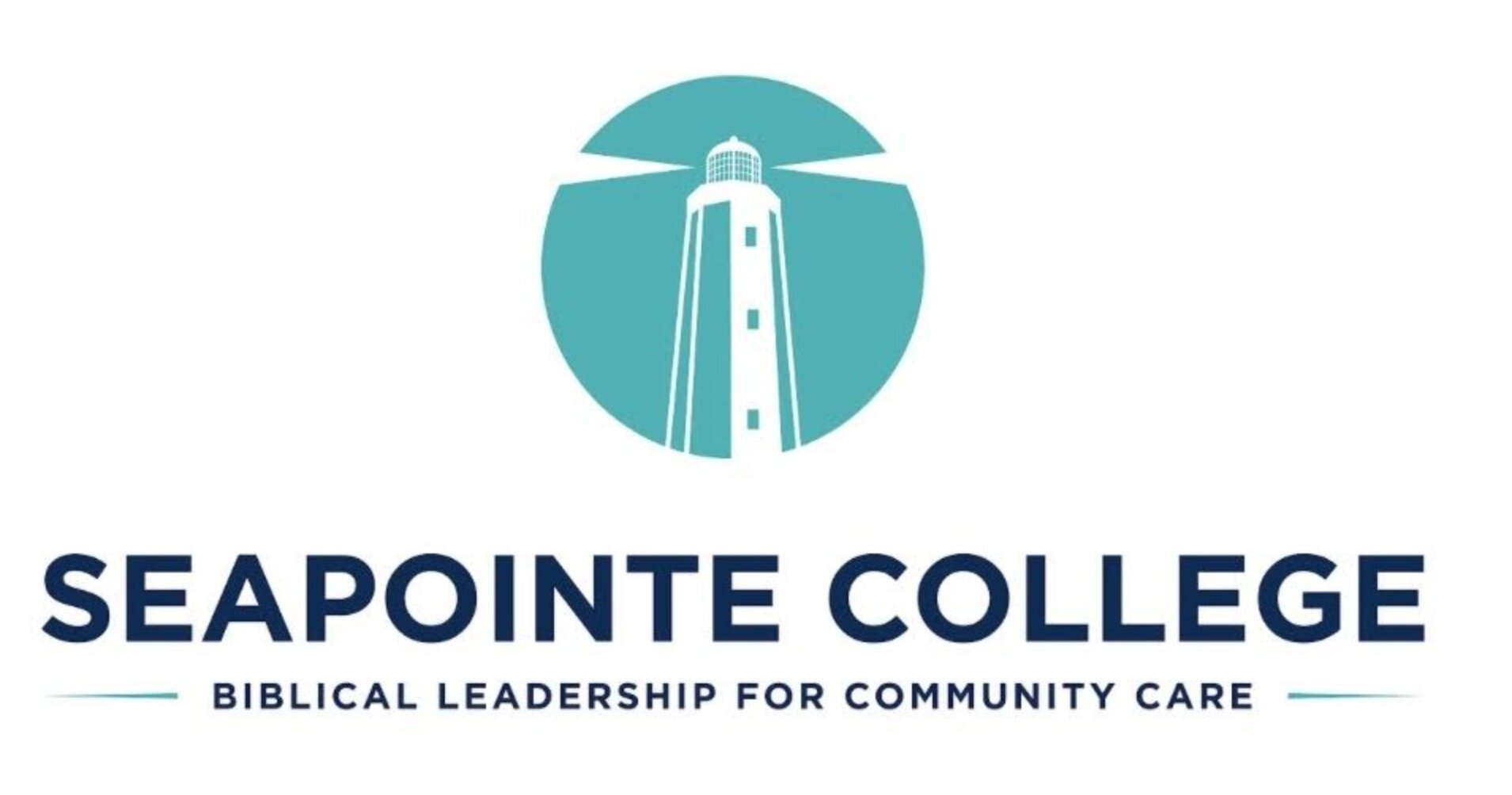 The Technology News Daily Digest from Guardian Liberty Voice for July 21, 2014 includes stories about the impending battle between an established internet and cable provider, and an emerging service from one of the world’s most profitable companies, safety warnings about a deadly problem with a popular imported hatchback, clarification about Lenovo’s plans for its tablets, and a clever way for consumers to keep their Netflix viewing history a secret.
The Technology News Daily Digest from Guardian Liberty Voice for July 21, 2014 includes stories about the impending battle between an established internet and cable provider, and an emerging service from one of the world’s most profitable companies, safety warnings about a deadly problem with a popular imported hatchback, clarification about Lenovo’s plans for its tablets, and a clever way for consumers to keep their Netflix viewing history a secret.
Google Fiber
Google’s ever increasing menu of services is now being extended into the realm of internet and cable connections. Over the last four years, Google Fiber has been slowly creeping its way across the country and into some of America’s major cities. Residents of Charlotte, North Carolina will be the next beneficiaries to be offered a new option for their cable and internet services. Workers for the Google Fiber team have been intermittently visiting the city since the plans for a Charlotte Google Fiber integration were finalized on May 1, 2014. The endeavor is expected to be costly and disruptive to city life, but after the rigmarole has passed, Charlotte residents will have access to an internet connection that is rumored to be 100 times faster than average broadband speeds. The proposal involves the construction of “fiber huts,” which will be small, 12 foot by 27 foot buildings dotted throughout the city of Charlotte on various government-owned plots, where the cables for the lightning-fast network would branch from. Google has agreed to pay $2,000 to fund the construction of each hut, the number of which has yet to be determined.
Verizon FiOS
Verizon FiOS has upped its game by enhancing the bandwidth of some of its services, possibly in preparation for an all out war over the terrain of internet and cable services as Google’s Fiber becomes more widely available. The discrepancy between download and upload speeds has been a gripe that FiOS subscribers have been unwaveringly vocal about, despite Verizon’s campaign to promote the superior technology of FiOS. In response, Verizon has boosted the upload speeds of almost every connection in its networks with the intention of matching download speeds, making media sharing and file back-up easier for customers. Beginning today, new FiOS subscribers will receive what the company is calling “symmetrical connections.” New data plans will be introduced, with the most inexpensive offering 25 megabits per second in both uploads and downloads.
Lenovo
When Lenovo halted the sales of its Windows 8-inch tablet in the U.S., the move was largely interpreted as an abandonment of the hand-sized technology entirely. Contrary to this misconception, the computing giant has not decided to abandon its plans for small-screen tablet computers, but rather has taken the opportunity to redesign their previously well-selling models. Lenovo commented that consumer demand called for the company to come with a larger screen for their news devices, foreshadowing a possible upcoming feature of the company’s next line of tablet computers. Lenovo’s decision to halt tablet production at this time might considered a questionable business decision considering Microsoft’s ambition to expand the market for Windows into more affordable mobile devices and laptops intended to offer competition with Google’s Chromebooks.
Kia Motors
Kia Motors has acknowledged a grave issue with the steering of its 2014 model Soul hatchbacks, announcing that they are recalling 52,000 of these popular compact SUVs. The company allegedly became aware of the issue due to a warranty claim, and has officially stated that it is not aware of any automobile accidents that could have been precipitated by the defect. Kia explains the issues as an “improper application of thread-locking adhesive.” A Kia spokesperson elucidated on the problem by remarking that “the pinion gear may separate from the steering gear assembly, causing the loss of steering, which could result in a crash.”
Netflix
The pioneer of streaming media subscriptions has announced that it is rolling out a new feature to enhance its already impressive array of consumer-friendly technology. Among Netflix users, binge-watching and account sharing is a common practice among couples and close friends to the degree that dozens of internet memes have sprung up around the phenomena. Show-watching guilt is commonly experienced by impatient consumers making verbal or non-verbal loyalty pacts with one another to view certain media only with one another. Courtesy of Netflix, the eager and deceptive viewer now has the option of hiding all evidence that they had watched the program. Guilty-pleasure shows and movies that some might consider embarrassing can remain clandestine, leaving one’s imaginary reputation untarnished. The company has stated that the feature will begin with test groups positioned in various locations throughout the Netflix service areas.
The Technology News Daily Commentary By Faye Barton
Sources:
Charlotte Observer
Seattle Pi
ZDNet
The New York Times
Mashable



